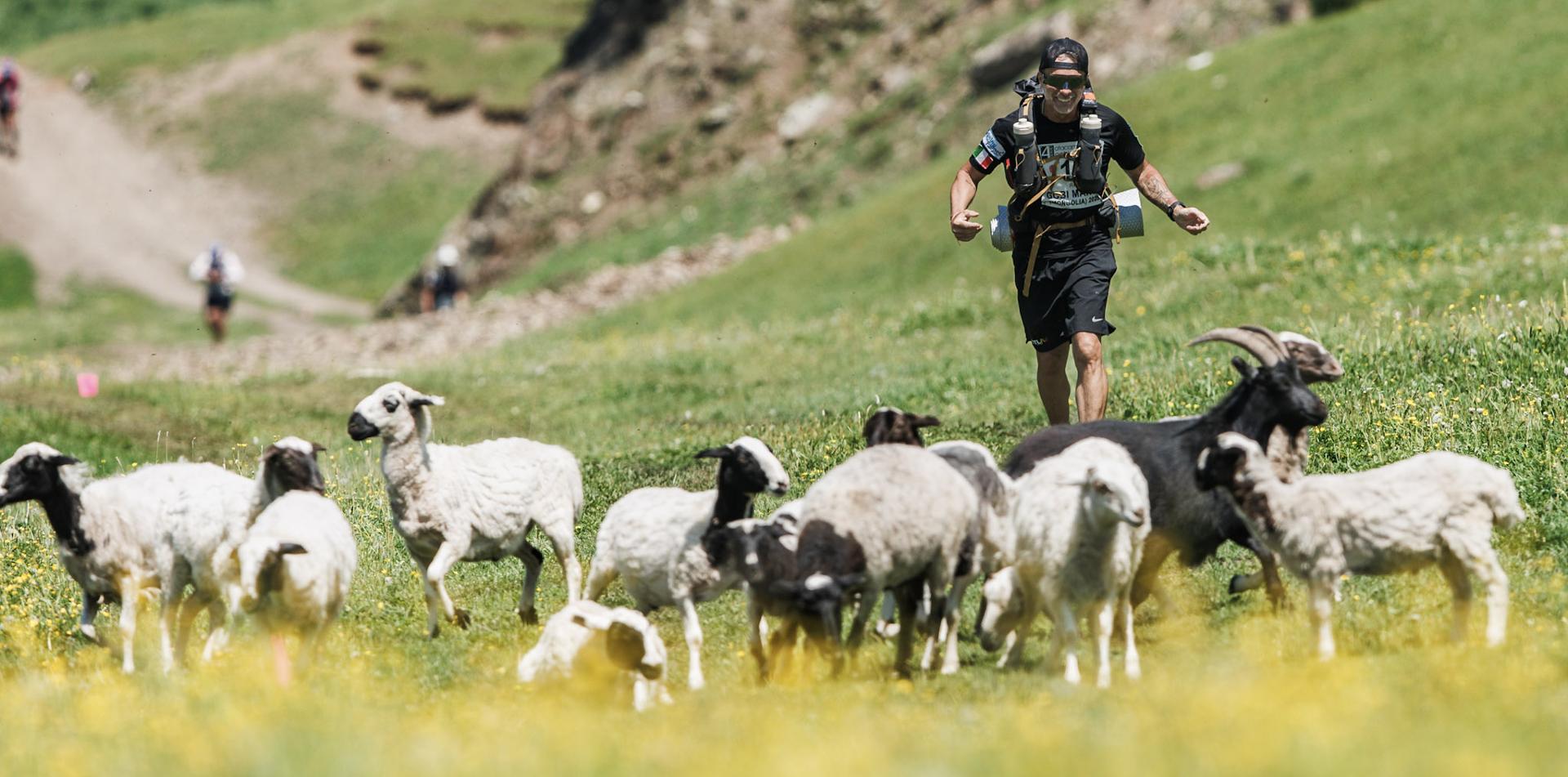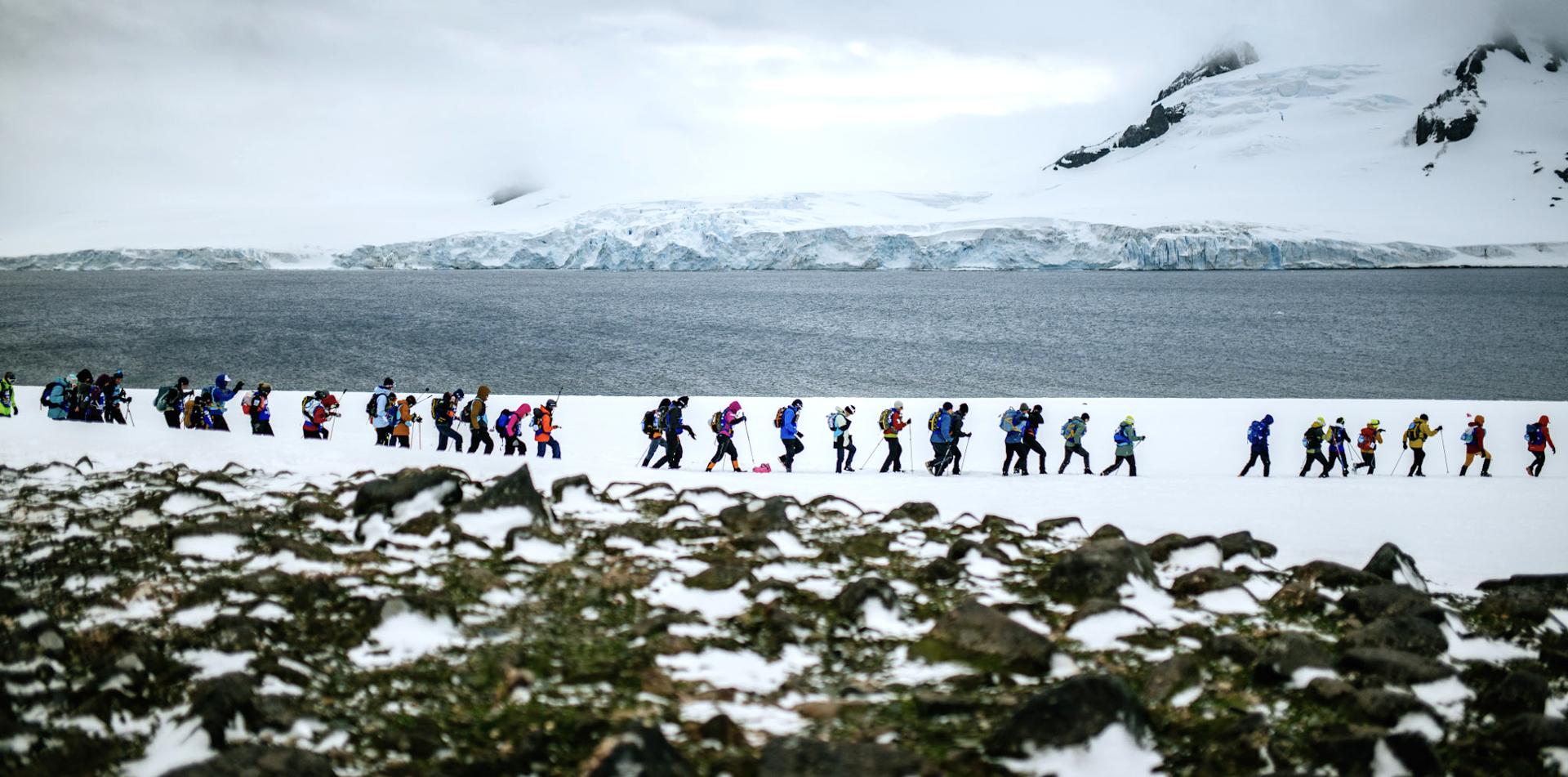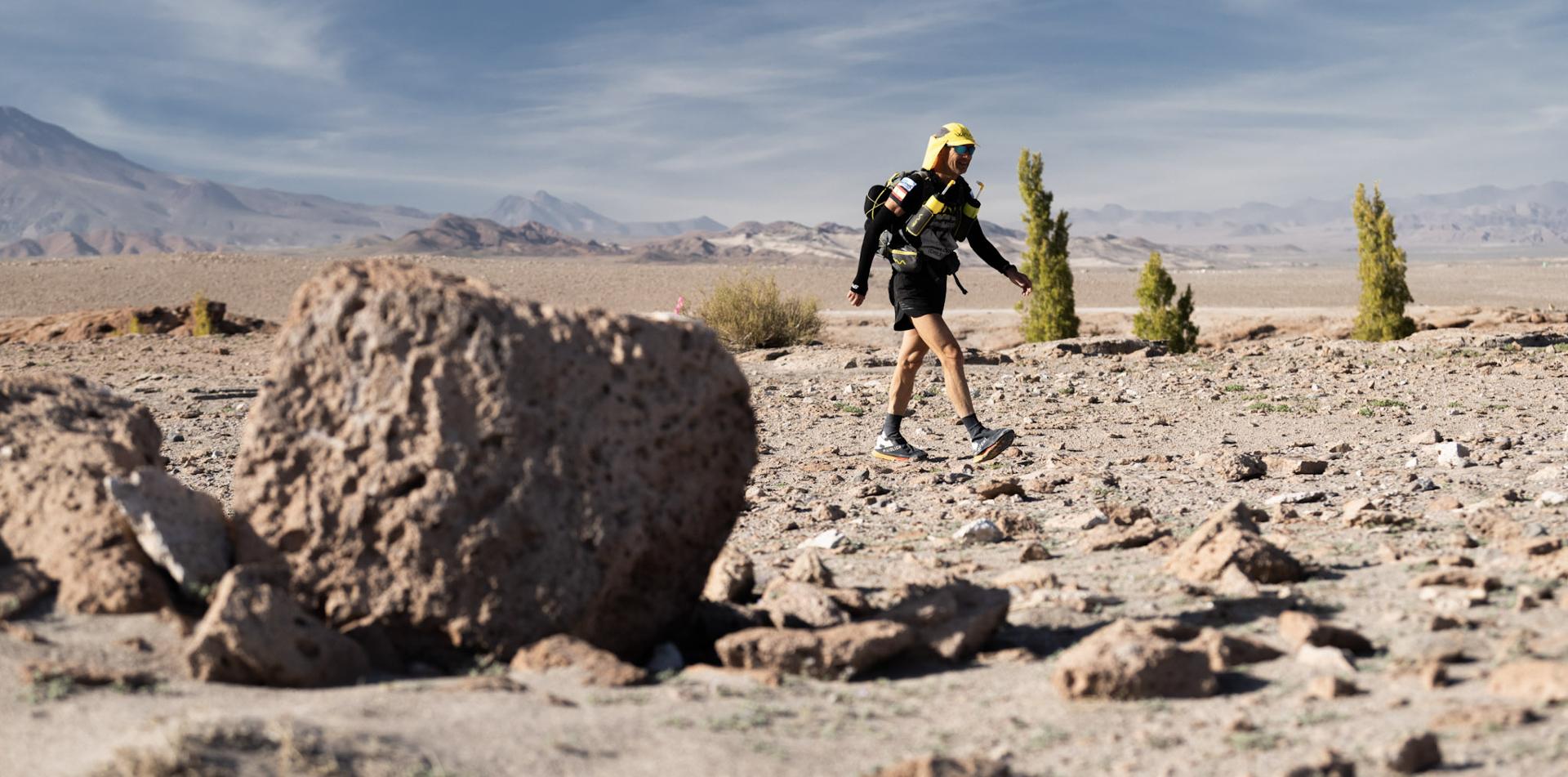Event Impacts and Legacies - Critical Reflections for UTS Business School Project
Yosef Laniado is an Israeli living in Mexico who completed his first RacingThePlanet Ultramarathon at the Namib Race 2022 with his father who had completed a race before. He is studying Management at the University of Technology Sydney and chose to write one of essays on his experience and observations of the Namib Race.
The Namib Race is one of the "4 Deserts Ultramarathon Series" hosted by RacingThePlanet, a company specialized in organizing multi-stage, self-supported races in some of the most amazing and remote places in the world. In this race, participants are expected to cross 250 km in the Namib Desert on foot, carrying all their food, clothing, and whatever they need for the 6-day stage competition. For this event to happen once a year (and 4 more in other locations), stakeholder theory must be perfectly analyzed and executed, which means that the company needs to address the interest of the stakeholders to be suitable and perform better. Freeman describes this need: "The basic idea of creating value for stakeholders is quite simple. Business can be understood as a set of relationships among groups which have a stake in the activities that make up the business. Business is about how customers, suppliers, employees, financiers (stockholders, bondholders, banks, etc.), communities, and managers interact and create value. To understand a business is to know how these relationships work. And the executive's or entrepreneur's job is to manage and shape these relationships." Event organizers should be aware of the needs and expectations of each one of the stakeholders, as well as make them cope and cooperate to make the best out of the event, generate revenues, and satisfy all of the stakeholders. (Stakeholder Theory: The State of the Art", 2010, Freeman)
Two main stakeholders of the Namib Race are going to be analyzed to have a better understanding of the way they interact with each other and with the event. Also, to find out the needs and expectations of those stakeholders before, during, and after the event.
An essential stakeholder for the event to take part are the participants: the ultramarathon runners. Without them, the event would not be possible. The engagement throughout the whole process of the service delivery (including inscription, training, packing, getting there, racing, and going back home) between the organizers and the participants is amazing; there is a personal engagement with each one of the competitors through Zoom calls and emails. As the competitors require a lot of preparation, many questions arise during the training and before the competition, and all of them are well answered and resolved by the organizers, achieving a sense of confidence in the future runners.
RacingThePlanet is an excellent example of a company that focuses personally on each of its competitors and engages them with a completely human experience. The company could be defined as a "human organization"; a term used by Hubert July in his article How to Lead in the Stakeholder Era in which he emphasizes the importance of committing as an organization to contribute to making a positive difference in people's lives and looking at the stakeholders as humans and not as moneymakers. Together with the organization, competitors attend the race to challenge themselves, seek personal growth, and enjoy nature and solitude; all of which will change their lives for the better. (Harvard Business Review, 2021).
This specific stakeholder has the highest expectations from all stakeholders. Not only from the event and its organization, but also from himself; achieving their personal goals during the race becomes one of the most important factors during the race, and affects their interaction with themselves and with their environment. Due to the hard physical and mental activity performed by the competitors, the organization needs to ensure that other than the difficult conditions that the race itself provides, competitors will have no other distractions or concerns regarding bad logistics, misunderstandings, or misinformation.
A good example that is carried out by RacingThePlanet is that when a participant is not able to keep running because of fatigue, dehydration, injury, or by his own decision, he gets the opportunity to become a volunteer; staying at the campsite, helping other participants and feeling helpful gives those people a sense that they are still in the race despite the bad feeling of getting out of the competition.
Having introduced the volunteers into the panorama of the race, it is worth stating that they are key stakeholders of the event. Volunteers go to the event for different reasons: some go because they are locals who want to contribute to the tourism in their homeland, other volunteers go to become future racers, and others know they are not able to become racers so they volunteer to be part of RacingThePlanet. For the company, it is very convenient to have more than 50 volunteers that set up the camp, cheer the competitors, and do logistics because they avoid paying a lot of wages, the volunteers are always cheering up, and the most important thing, runners feel a true and sincere connection to them as they know the volunteers want to help and motivate without any compensation or reward.
Even though it seems like there is no compensation for the volunteers, studies have shown that volunteering helps the body and the mind. On a larger impact, volunteering can be a reason to live longer and better.
In a survey conducted by the United Healthcare/Volunteer Match Do Good Live Well to 4582 American adults 18 years and older, results stated that “Sixty-eight percent of volunteers agree that volunteering “has made me feel physically healthier,” 92% that it “enriches my sense of purpose in life,” 89% that it “has improved my sense of well-being,” 73% that it “lowers my stress levels,” 77% that it “improves emotional health,” and 78% that it helps with recovery “from loss and disappointment.” (SAGE Journals, 2017).
A key element that combines volunteers and the participants is called "emotional salary". Participants are paying and volunteers are not getting paid, however, the "non-tangible element" (Tec Review, 2021) is what makes the beauty of the event come true. Both competitors and volunteers get along with each other really well and manage to create truthful and profound connections due to the friendly environment that the organization creates, but more importantly, because of the will that each one of them has to be there and not anywhere else in the world.
In conclusion, understanding the reasons and motivations for being volunteers or registering for such a difficult challenge, makes it easier to visualize and understand the conviction to help, be useful, be cheerful, compete, suffer, and enjoy. However, recognizing the challenging goal of achieving high-performance volunteer teams and high competitor satisfaction and getting the work done is key for an event like this to happen successfully.







 Newsletter
Newsletter
 Online Store
Online Store





